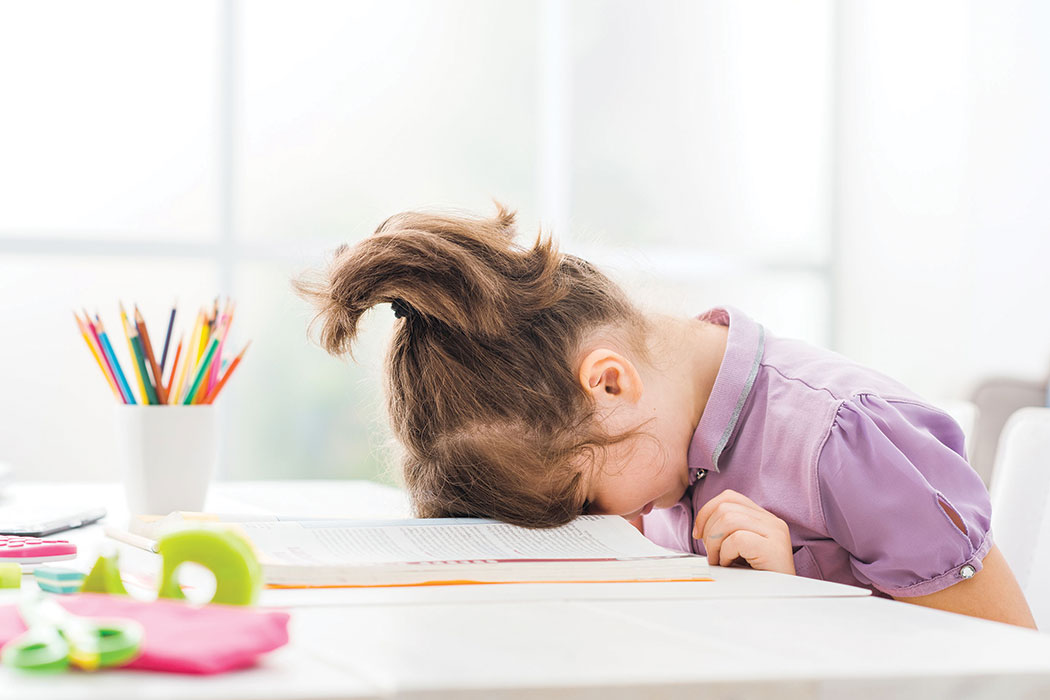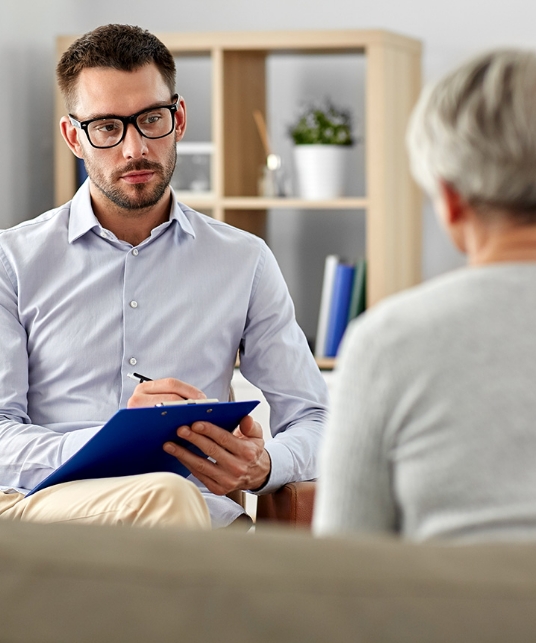ADHD in Children & Adolescent
Attention Deficit Hyperactivity Disorder (ADHD) is a neurodevelopmental disorder that affects children and adolescents. In some cases it may be undiagnosed until adulthood. It is a condition that impairs a child’s ability to focus, pay attention, and control their impulses. ADHD is a common mental health condition in children, affecting approximately 7% of children and adolescents worldwide. In this blog, we will explore the causes, symptoms, and most common treatments for ADHD in children and adolescents. More than 50% of children diagnosed with ADHD entre their adulthood with significant symptoms of ADHD.
Causes of ADHD
The exact cause of ADHD is not known, but research suggests that it is a combination of genetic and environmental factors. It is believed that a child’s genes play a significant role in developing ADHD, as the condition often runs in families. Environmental factors such as prenatal exposure to alcohol or tobacco, premature birth, low birth weight, and brain injuries can also contribute to the development of ADHD.
Symptoms of ADHD
The symptoms of ADHD can vary depending on the child’s age and severity of the condition. In some cases, children present with more ‘inattentive’ features or more ‘hyperactive’ features. Symptoms of ADHD include:
- Inattention: Children with ADHD often struggle to pay attention and are easily distracted. They may be able to focus on things that they enjoy a lot (e.g., video games) but not able to focus on things which are important but less enjoyable (like homework). They may also have difficulty following instructions or completing tasks. This can affect their ability to learn at their full potential.
- Hyperactivity: Children with ADHD are often very active and have difficulty sitting still. They may talk excessively, fidget, and have trouble playing quietly. In schools, they can often be seen as disruptive as a result.
- Impulsivity: Children with ADHD may act without thinking and have difficulty waiting their turn. They may interrupt conversations or intrude on others’ activities. At times, they may not think about consequences of their actions or be seen to be risk averse.
Treatment of ADHD
ADHD is a treatable condition, and early intervention is essential for improving a child’s quality of life and learning potential. The most common treatment options for ADHD include behavioral therapy, medication, and lifestyle changes.
- Behavioral Therapy: Behavioral therapy is often used to help children with ADHD develop coping strategies for their symptoms. This type of therapy can help children with ADHD learn how to manage their behavior, learning and improve their social skills.
- Medication: the use of medication in combination with behavioural therapies, usually produces better outcomes. There are several medications for ADHD, usually divided into two types, stimulant and non-stimulant medications ( Ritalin, Adderall or Strattera) are the commonly prescribed medications for ADHD. These medications help improve focus, attention, impulse control. These are not habit forming (addictive) medications.
- Lifestyle Changes: Lifestyle changes such as regular exercise, a healthy diet, and consistent sleep patterns can also help manage symptoms of ADHD to a certain degree.
Behavioral Therapy for ADHD
Behavioral therapy can be an effective treatment option for children with ADHD and can help children learn coping strategies and develop skills to manage their symptoms. It is important to note that Behavioral Therapy is not an alternative to Medications but it is used in combination with medications. In this section, we will explore how therapy can help children with ADHD.
- Developing coping strategies: This includes learning how to stay organized, manage time, and prioritize tasks. The therapist can work with the child to develop a plan for completing homework or studying for exams. Hyperactivity symptoms can also be addressed by using strategies to manage restlessness ie movement breaks, fidget toys or wobble cushions.
- Improving social skills: Children with ADHD may struggle with social interactions and have difficulty making and keeping friends. Therapy can help children with ADHD develop social skills such as communication, cooperation, and conflict resolution. The therapist can also work with the child to improve their self-esteem and confidence.
- Addressing emotional and behavioral issues: Children with ADHD may struggle with emotional and behavioral issues such as anxiety, depression, and aggression. Therapy can help children learn how to recognize and manage their emotions and behaviors. The therapist can also work with the child and their parents to develop strategies for addressing challenging behaviors.
- Enhancing parent-child communication: Therapy can also help improve communication between parents and their child with ADHD. The therapist can work with parents to help them understand their child better, develop strategies for managing behavior and improve family dynamics.
- Providing a supportive environment: Therapy can provide a safe and supportive environment for children with ADHD to discuss their feelings and concerns. The therapist can work with the child to develop positive coping strategies and build a support system. The therapist can also support school staff, suggest classroom or exam accommodations, to ultimately support the child’s learning and success.
Conclusion
ADHD is a common neurodevelopmental disorder in children and adolescents. While the exact cause of ADHD is not known, it is believed to be a combination of genetic and environmental factors. The symptoms of ADHD include inattention, hyperactivity, and impulsivity. Early intervention is essential for improving a child’s quality of life, and treatment options include behavioral therapy, medication and lifestyle changes. Therapy can be a valuable treatment option for children with ADHD. It can help children develop coping strategies, improve social skills, address emotional and behavioral issues, enhance parent-child communication, and provide a supportive environment. With the right treatment and support from qualified experts, children with ADHD can learn to manage their symptoms and lead happy and productive lives.
Written by: Dr Teizeem Dhanji
Child and Adolescent Psychiatrist at Sage Clinics

